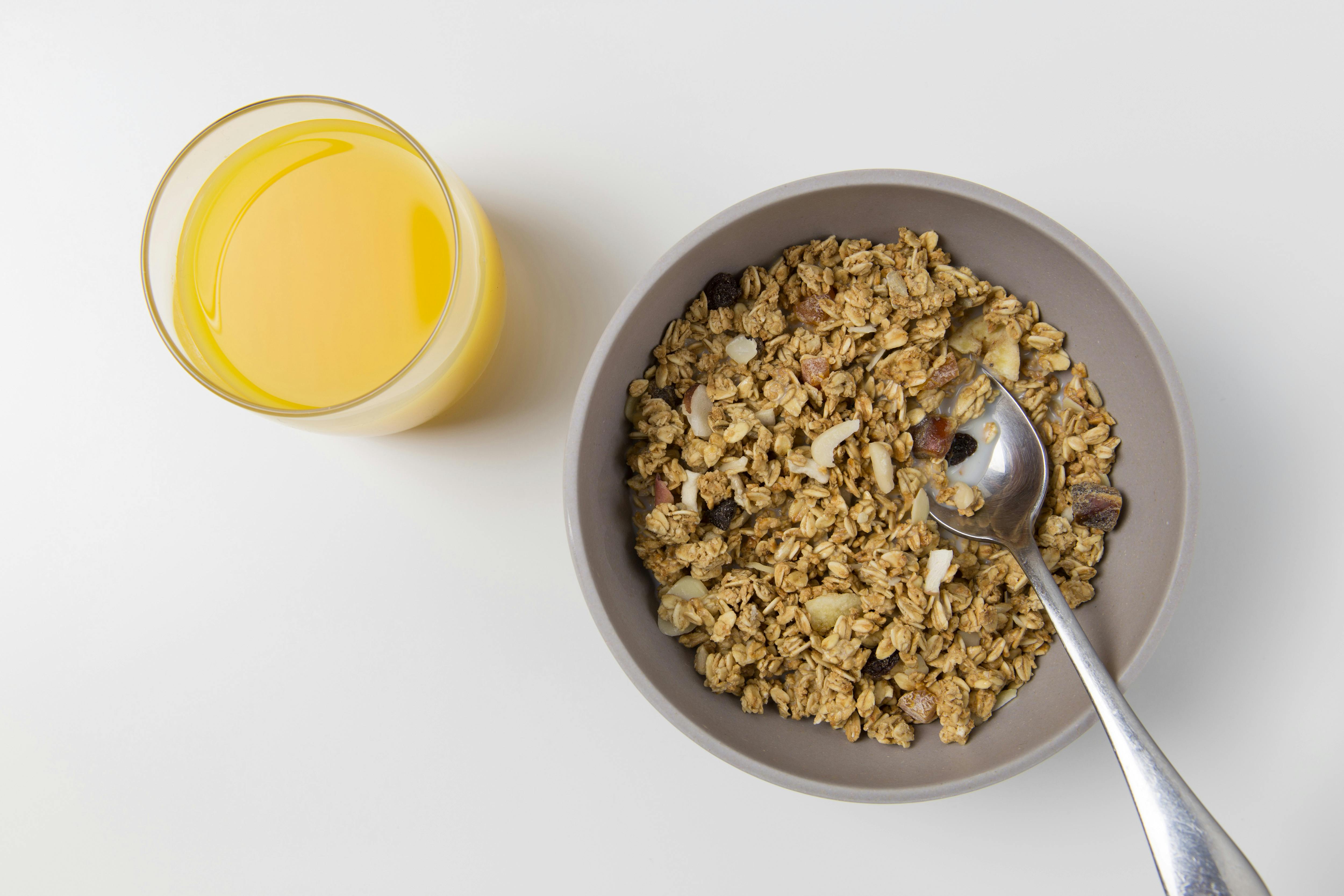
The primary role of fiber in a hemorrhoid-friendly diet is to add bulk and moisture to your stool. This makes bowel movements easier and less likely to result in straining—a key contributor to hemorrhoid development. Insoluble fiber helps move waste through the intestines, while soluble fiber absorbs water and forms a gel-like consistency, softening the stool.
Without enough fiber, constipation becomes more common. And with constipation comes increased pressure during bowel movements, which inflames and worsens hemorrhoids over time.
When looking for the best fiber supplements for a hemorrhoid diet, focus on ingredients, solubility, and how your body responds. Common options include:
Every body reacts differently, so you may need to try a few to find the best fit. Start with low doses and increase gradually to avoid discomfort.
Fiber supplements work best when paired with healthy habits. Drink plenty of water—at least 8 cups per day—to help fiber do its job. Without adequate hydration, fiber can actually worsen constipation.
Also aim to get some of your fiber from whole foods like fruits, vegetables, whole grains, and legumes. Supplements are helpful, but they shouldn’t replace a balanced diet.
If you’re managing hemorrhoids and want help optimizing your fiber intake, contact Dr. Albert Chung’s office at (714) 988-8690 to schedule a consultation. A personalized approach can make a big difference in your digestive comfort and overall health.